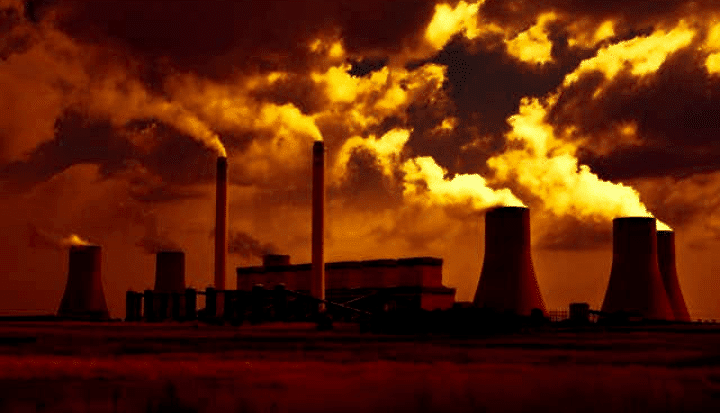Globally, over 1.1 billion people live without access to electricity and almost 3 billion people lack clean cooking facilities (SNV, 2022).
The world’s poor are continuously affected by the low availability of sustainable and reliable energy, with increasing difficulty in remote areas. Modern energy services are crucial to human well-being as well as to countries’ economic development.
As of 2020, roughly two million metric tons of wood charcoal were estimated to have been produced in Ghana. The production volume of this product increased by 56.71 thousand metric tons from 2017. Furthermore, between 2010 and 2020, the quantity of charcoal produced from wood increased progressively. Charcoal and fuelwood have been identified as major sources of cooking energy used by households in both rural and urban areas leading to 136,600 tree cover loss (Dokua, 2022).
Despite a dip in CO2 emissions caused by the COVID-19 pandemic, the world is still heading for a temperature rise in excess of 3°C this century United Nations Environmental Program (UNEP, 2020).
But a low-carbon recovery could cut 25% off the emissions UN Environment Programme (UNEP,2020).
Aside from causing global warming, nearly four (4) million people a year die from illnesses linked to cooking with polluting fuels, and women are most affected(World Economic Forum, 2021).
Inhaling these toxic fumes kills more people than malaria – and women are disproportionately affected.
The World Health Organization’s (WHO) latest data estimates that around 3.8 million people die each year from illnesses, including pneumonia and lung cancer, linked to household air pollution (HAP) from cooking over stoves indoors with these solid fuels and kerosene.
In sub-Saharan Africa, more than 80% of the population has to rely on these fuels (World Economic Forum, 2021).
In Nigeria alone, firewood smoke kills 93,000 women and children (Chido, O.W,2020).
The United Nations Environmental Program (UNEP) Report, released on December 9, 2020, highlighted the need for urgent investments in climate action as part of COVID-19 recovery, to bring the world closer to the Paris Agreement goal of at most a 2-degree Celsius temperature rise.
Inger Andersen, UNEP Executive Director, highlighted that a truly green recovery from the pandemic can take “a huge slice out of greenhouse gas emissions” and slow climate change.
“I urge governments to back a green recovery in the next stage of COVID-19 fiscal interventions and raise significantly their climate ambitions in 2021,” she said.
The green recovery could cut expected emissions in 2030 by up to 25 per cent, and boost the chance of keeping temperature rise to below 2-degree Celsius, up to 66 per cent, according the report.
The Way Forward
Measures such as supporting zero-emissions technologies and, fossil fuel subsidies, stopping new coal plants, and promoting nature-based solutions – including large-scale landscape restoration and reforestation – must be prioritized.
In the case of Ghana and other African countries, governments, NGO’s and corporate organizations must invest into initiatives and emerging businesses that aims at producing sustainable clean and affordable cooking energy to local dwellers and the entire citizenry in Ghana and Africa to mitigate global warming.
Tax waivers must be issued to young local entrepreneurs who are striving to start clean cooking business.
More so, urgent investment into green farming, live stock farming must be prioritized to ensure the adequate availability of organic raw materials for the clean cooking energy production.
Furthermore, measures must be put in place to ensure access to equitable funding from financial institutions for businesses that are into clean cooking energy production.
Finally, there is the need to encourage less red meat consumption whilst promoting aqua farming to ensure adequate availability of fishes as an alternative consumption for red meat.
Editor’s Note:
Read more on clean cooking here.










